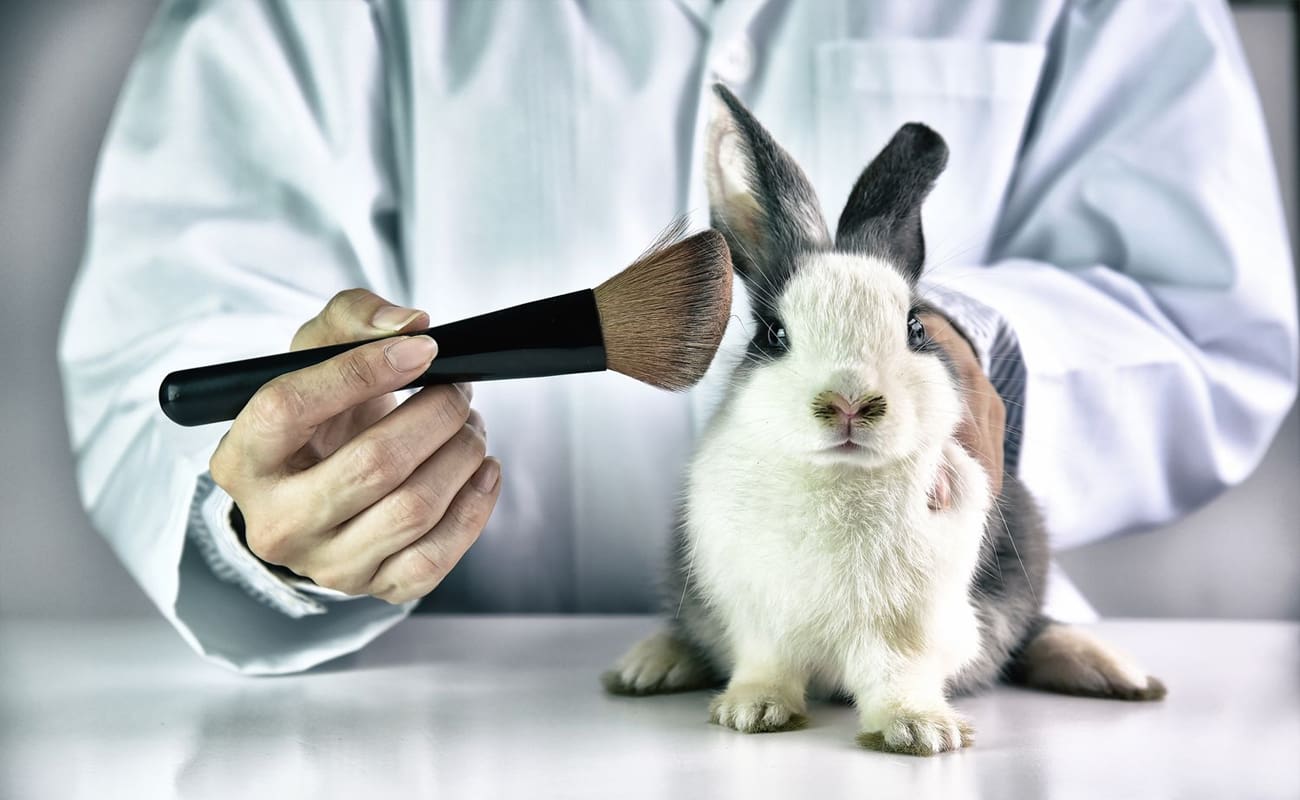Animal testing remains one of the most controversial practices at the intersection of science, ethics, and human progress. For decades, millions of animals—including mice, rabbits, primates, and dogs—have been subjected to experiments in laboratories worldwide, often enduring pain, confinement, and early death. These procedures are carried out in the name of advancing medicine, ensuring product safety, and developing new technologies. Yet behind the sterile walls of research facilities, animals experience immense suffering, raising urgent questions about the morality and necessity of such practices.
While proponents argue that animal testing has contributed to medical breakthroughs and consumer safety, growing evidence shows its limitations and ethical shortcomings. Many experiments fail to translate effectively to human biology, casting doubt on their reliability. At the same time, technological innovations—such as organ-on-a-chip models, advanced computer simulations, and cultured human cells—are providing humane and often more accurate alternatives. These developments challenge the outdated notion that animal testing is indispensable and demonstrate a path toward scientific progress without cruelty.
This category explores the ethical, scientific, and legal dimensions of animal testing, shedding light on both the suffering it entails and the opportunities to replace it with compassionate, cutting-edge methods. By examining current regulations, industry practices, and advocacy efforts, it emphasizes the urgent need to accelerate the transition away from animal-based experimentation. Ultimately, addressing animal testing is not only about advancing science but also about aligning innovation with values of justice, empathy, and respect for all living beings.
In recent years, the world has witnessed a significant shift in the field of scientific research, particularly in the realm of medical and cosmetic testing. Traditional animal testing, once seen as a necessary method for ensuring the safety and efficacy of products, is increasingly being challenged by the advent of non-animal testing methods. These innovative alternatives promise not only to be more humane but also faster, cheaper, and more reliable than their animal-based counterparts. Cell Cultures Cell cultures have become an indispensable tool in modern scientific research, enabling scientists to grow and study human and animal cells outside the body. Virtually every type of human and animal cell, from skin cells to neurons and liver cells, can be successfully cultured in the laboratory. This has allowed researchers to explore the inner workings of cells in ways that were previously impossible. Cell cultures are cultivated in petri dishes or flasks filled …
























































